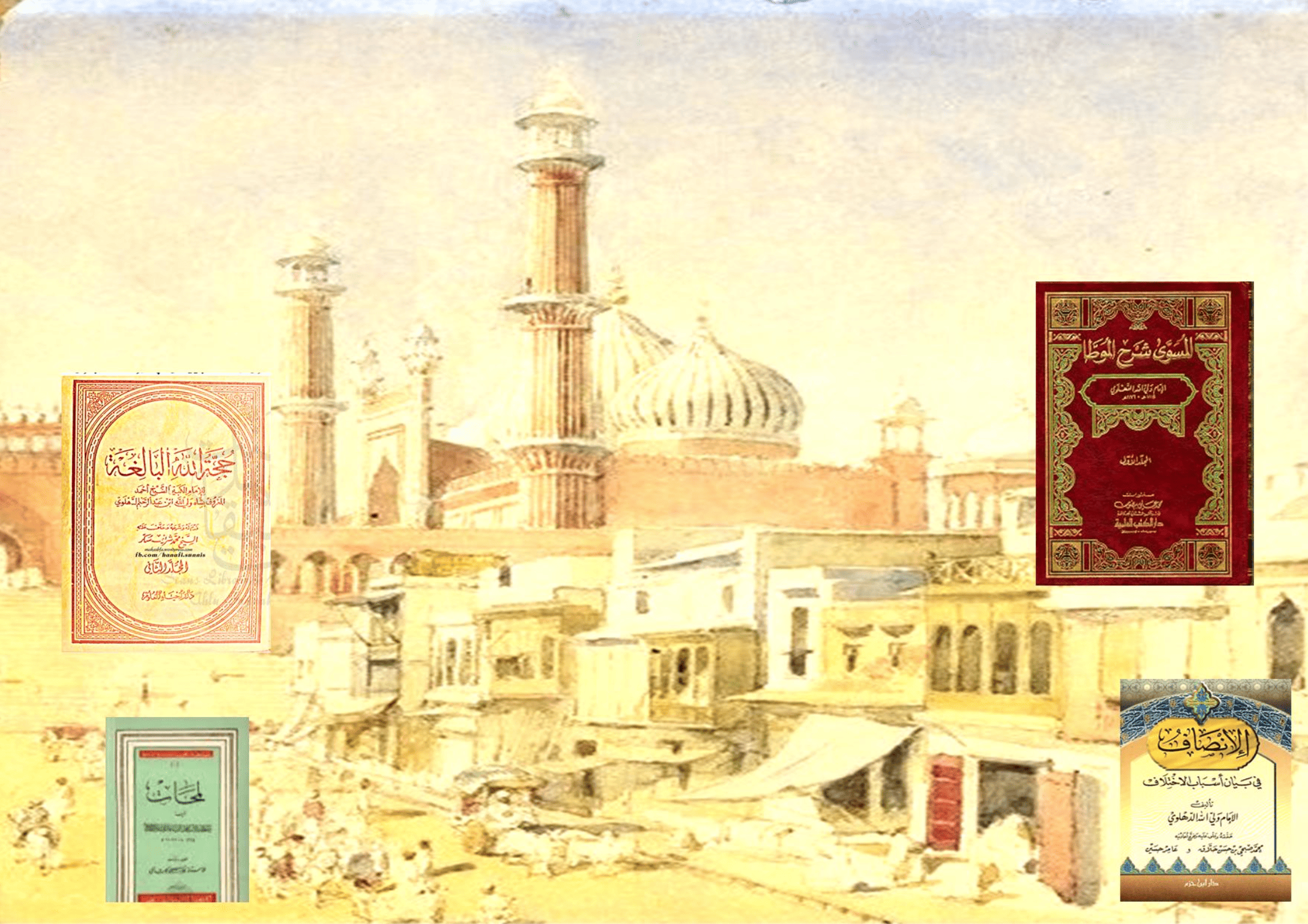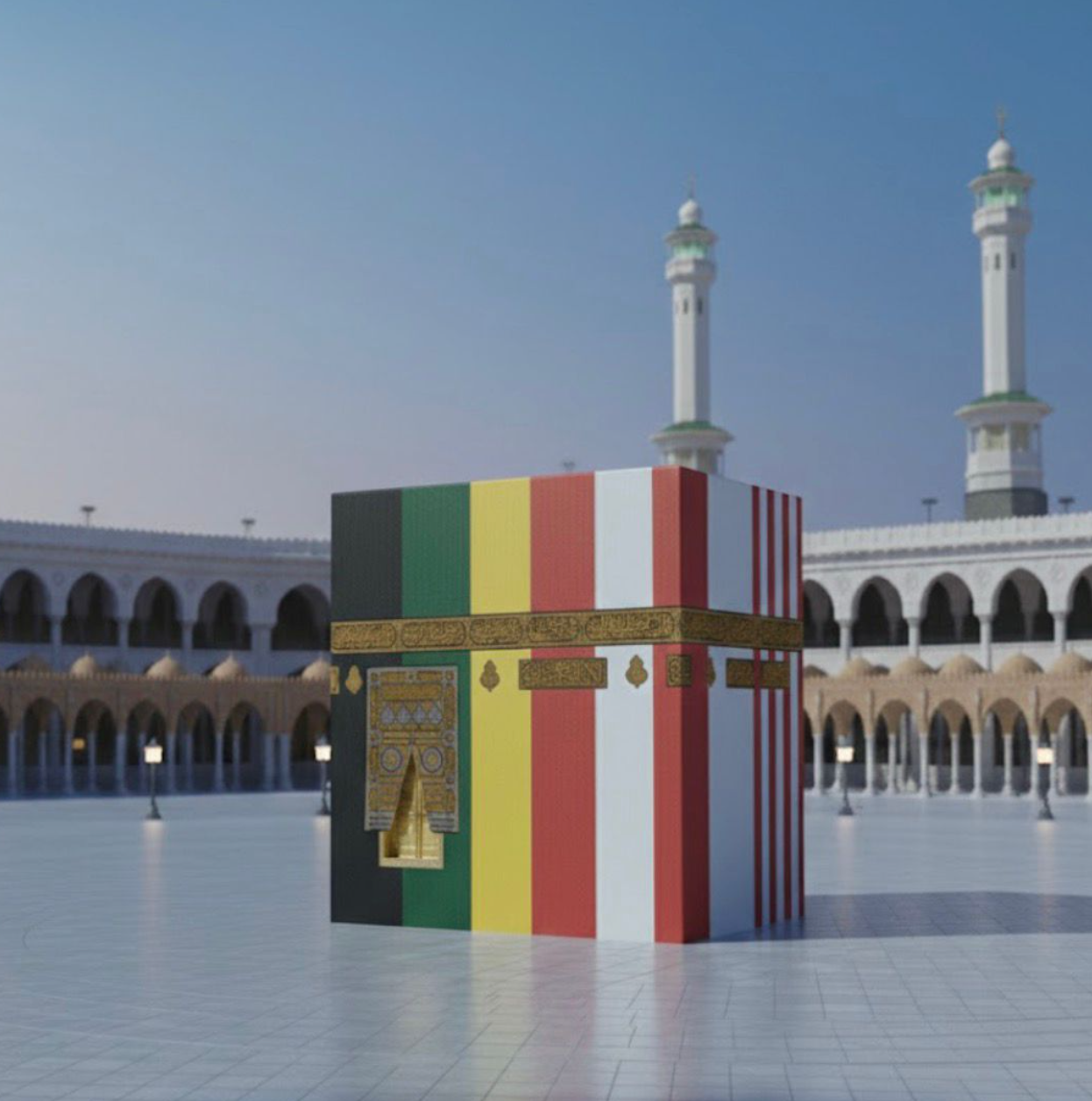This article is Part 1 of an ongoing series titled, 'Zakat Made Easy'
The recipe for success is to look forward to paying our zakat and to be in the first rows of the Masjid just like we look forward to breaking our fasts on a hot day.
As the third of the five pillars of Islam, zakat is an obligatory form of charity for Muslims. Derived from the meaning purify and increase, zakat purifies, cleanses, increases and blesses their wealth.
“And establish prayer and give Zakat, and whatever good you put forward for yourselves – you will find it with Allah.” [Surah al-Baqarah, 110]
Through Zakat, a Muslim is able to cleanse their soul from negatvitiy such as stingyness, selfishness, greed and pride, while also develop a higher sense of sympathy towards people in need. Zakat is also a sign of brotherhood in the Islamic religion. “But (even so), if they repent, establish regular prayers, and give their zakat, they are your brethren in Faith.” [Sūrah Al-Taubah 9:11].
When a Muslim pays zakat, they will directly or indirectly help the lives of those in need. Globally, the zakat system is widely seen as the Islamic contribution to social justice: reducing the gap or divide between the rich and the poor and has successfully redistributed the wealth of the society among the poor.
The Timeline and History of Zakat
Zakat was legislated in 2 AH, approximately 18 months after the arrival of the Prophet ﷺ to Madinah. Before that in the Makkan era, giving charity was merely recommended.
After the hijrah to Madinah, Allah revealed, “Take, (O, Muhammad), from their wealth a charity by which you purify them and cause them increase, and invoke [ Allah ‘s blessings] upon them. Indeed, your invocations are reassurance for them. And Allah is Hearing and Knowing.” [Surah Al-Taubah, 103]
The act of giving zakat revives the practice of the previous Prophets and Messengers of Allah – just like how salah was obligated for all the nations before us.
Allah tells us, “And (remember) when We made a covenant with the Children of Israel, (saying): Worship none save Allah (only) and be good to parents and to kindred and to orphans and the needy and speak kindly to mankind; and establish Salaah and pay Zakat.” [Surah Al-Baqarah, 83]
Allah says with regards to Prophet Ismail, “Also mentioned in the Book (the story of) Ismail: He was (strictly) true to what he promised, and he was an apostle (and) a prophet. He used to enjoin on his people salah and zakat, and he was most acceptable in the sight of his Lord.” [Surah Maryam, 54-55]
Allah says with regards to Prophet Isa, “He said: Lo! I am the slave of Allah. He has given me the Scripture and has appointed me a Prophet. And has made me blessed wheresoever I may be and has enjoined upon me salah and zakat so long as I remain alive.” [Surah Maryam, 30-31]
Why Do Muslims Need To Pay Zakat?

“I give a lot of charity throughout the year, then why do I still have to pay zakat?” Zakat is a pillar of Islam and it is an obligation for every Muslim that meets the requirements.
This obligation cannot be offset by the normal charity. A person is rewarded for his generosity, but this obligation needs to be carried out irrespective of the amount of charity that is given provided certain conditions are met.
The Messenger of Allah ﷺ said: “Islam is based on five (principles): To testify that none has the right to be worshiped but Allah and Muhammad is Allah’s Apostle, to offer the prayers dutifully and perfectly, to pay Zakat, to perform Hajj and to observe fast during the month of Ramadan.” [Bukhari]
After the migration to Madinah, the Prophet sent out messengers to collect zakat from the wealthy and sent evaluators to the plantations to approximate the value of the potential wealth. This act – of calculating the zakat due to its owners – signifies the importance and the high station that zakat holds in Islam.
Anyone who denies the obligation of zakat has left the fold of Islam. In fact, the first issue or matter that Abu Bakr as-Siddiq turned his attention to after entering the office of the Khalifa was towards those refusing to pay zakat.
Narrated Abu Huraira: When Allah’s Messenger ﷺ died and Abu Bakr became the Khalifa, some Arabs renegade (reverted to disbelief) (Abu Bakr decided to declare war against them), Umar, said to Abu Bakr, “How can you fight with these people although Allah’s Messenger ﷺ said, ‘I have been ordered (by Allah) to fight the people till they say: “None has the right to be worshipped but Allah, and whoever said it then he will save his life and property from me except on trespassing the law (rights and conditions for which he will be punished justly), and his accounts will be with Allah.’”
Abu Bakr said, “By Allah! I will fight those who differentiate between the Prayer and the Zakat as Zakat is the compulsory right to be taken from the property (according to Allah’s orders) By Allah! If they refuse to pay me even a female-animal which they used to pay at the time of Allah’s Messenger ﷺ – I would fight with them for withholding it” Then Umar said, “By Allah, it was nothing, but Allah opened Abu Bakr’s chest towards the decision (to fight) and I came to know that his decision was right.” [Bukhari]
The Origins Of The Word 'Zakat'

To get a better grasp of the principles of zakat, we must first dissect the word and understand how it is being employed in the context of Shariah.
From a linguistic perspective and technical perspective, Sheikh Yusuf al-Qardawi writes that zakat is an infinitive of the verb zakah. “Zakat means to grow and to increase. When it is said about a person, it means to improve, to become better. Consequently zakah is a blessing, growth, cleanliness, and betterment,” he said.
In Lisan al Arab it is said, “The root of the word zakah in Arabic means cleanliness, growth, blessing, and praise. All these meanings of the word are used in Qur’an and Hadith.”
According to al-Wahidi and others, the root of “zakah” means increase and growth, and can be applied to multiple facets.
With regards to plants, zakah means to grow, while it may also mean to increase. Since plants only grow if they are clean of insects and other detrimental things, then the word “zakah” implies cleanliness and cleansing.
When it comes to people, zakah means betterment and righteousness. You may say a man is “zaki,” or that he has good character. You may also say that he is the judge “zakat” to the witnesses to indicate or show that there is a higher level in their testimony.
As per the Shariah, zakat is defined as:
حَقٌّ واجِبٌ فِي مَالٍ خَاصْ لِطائِفةٍ مَخْصُوصَة ، فِي وَقتٍ مَخْصُوص
Zakat is an obligatory action of giving a specific portion of one’s wealth to eligible recipients every lunar year.
Sheikh Yusuf further writes, “In Shariah, the word zakat refers to the determined share of wealth prescribed by Allah to be distributed among deserving categories. It is also used to mean the action of payment of this share. According to Imam al-Nawawi’s report from al-Wahidi, this share of wealth is called zakat because it increases the funds from which it is taken and protects them from being lost or destroyed.
The Benefits of Zakat

When Muslims pay their zakat, they enhance their inner souls and cleanse their wealth, according to Sheikhul Islam Ibn Taimiyyah.
This growth and cleanliness are not only experienced by zakatable assets themselves, but also the individual who pays zakat as well, in accordance to the verse “out of their wealth take zakat so that thou mightiest purify and sanctify them.”
Al-Azhari says: it makes the poor grow too, meaning that zakah creates psychological and material growth for the rich in his soul and wealth.
Imam al-Nawawi reports that the author of al-Hawi said: "It should be realized that zakah is an Arabic word known before Islam. It is well known that it has been used in poetry". On the other hand, Dawud al-Zahiri said this word has no source in the Arabic language before it was used in Qur'an. The author of al-Hawi answered "Although this is totally wrong, differences about the name do not affect the rulings on zakat.”
This article is Part 1 of an ongoing series titled, 'Zakat Made Easy'
Done Reading? Here's Part 2













